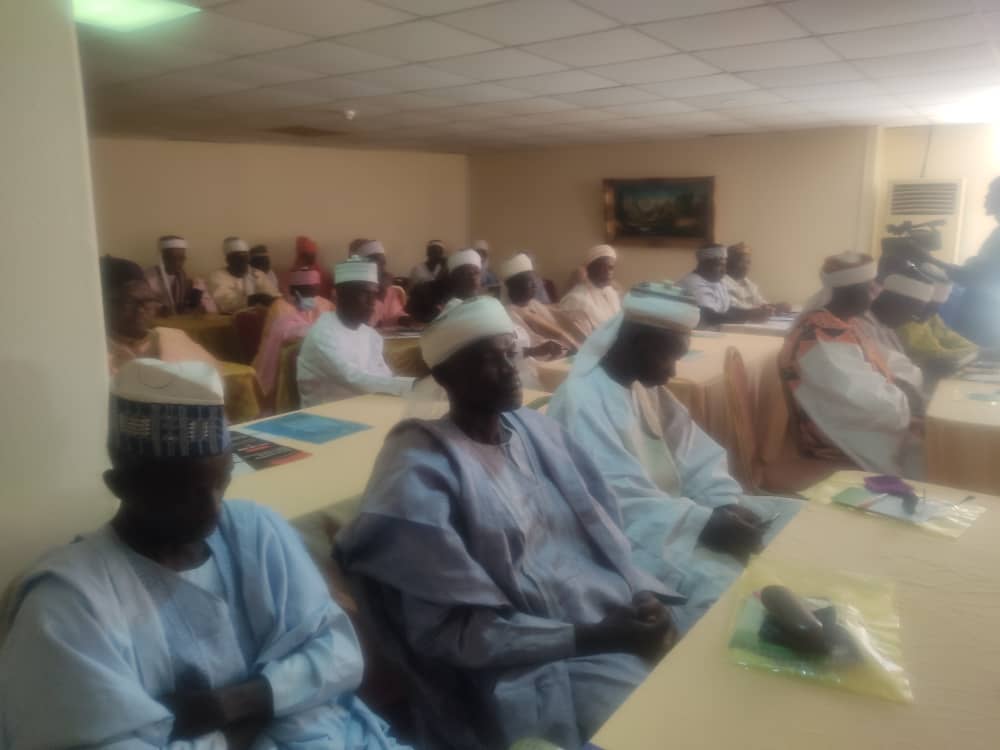
The Legal Aid Council of Nigeria and the Association of Wives of FCT Traditional Rulers (AWTR), has called for the strengthening of traditional justice systems to end sexual and gender-based violence in the FCT.
They made the call at a one-day workshop for traditional rulers to commemorate this year’s 16 Days of Activism against gender-based violence.
The event which had in attendance, traditional rulers from the 17 Chiefdoms in the FCT, had as theme “Community Response to Gender-Based Violence”.
Hajia Hauwa Kulu-Ibrahim, Wife of the Ona of Abaji and the President of the association, said the workshop is aimed at addressing the challenges bedeviling traditional justice system in the FCT.
Kulu-Ibrahim, who was represented by Mr Emmanuel Bassie, Director/Communication Officer of the association, said it was important to address how the rulers resolve dispute, capture and refer irreconcilable cases as well as scale up access to justice for victims of gender-based violence.
“There can be no serious solution to the fight against SGBV among poor indigenous people without strengthening the traditional justice system.
“Our traditional leaders enjoy the confidence and respect of the victims and offenders who reside within the community and naturally regard them as the first point of report for any form of abuse.
“So in solidarity with indigenous women of Abuja, we are moving from making committment to improving tradition institution that will provide direct support that ensures justice is served.
“The training will be unpacked, simplified, relatable and focused on access to justice,” she said.
She added that it was also important for the traditional justice system to complement the formal justice system.
According to her, it was necessary to improve administration of justice in local courts which will in turn lead to the reduction in unreported cases and increase the referral of cases to the government.
For his part, Mr Aliyu Abubakar, Director-General, Legal Aid Council, said that traditional rulers were critical to tackling gender-based violence in the country.
“This is because the larger percentage of our citizens reside in the rural or semi-urban-rural areas, as 60 to 70 per cent of the people reside in the area councils.
“A lot of injustices also take place in these areas and the traditional rulers in these communities are the closest to them and the perpetrators of gender-based violence can be easily identified and prosecuted.
“They are the best link to reach out to a large percentage of our people, as before any matter come to the local government areas, it must have gone through the traditional leaders in the community.
“The traditional institutions should be given special attention by the government,” he said.
Alhaji Hussaini Mam, Agabe of Gwagwarda, who spoke on behalf of the traditional rulers, appreciated the council and the association for organising the workshop.
He said that the workshop had provided them with knowledge of how to enlighten their community members on the need to end sexual and gender-based violence.
“This workshop is important as it has heightened our knowledge on how to handle cases of human humiliation in our various communities,” he said.
The News Agency of Nigeria (NAN) reports that the workshop had in attendance, representatives from NAPTIP, FCTA, various Civil Society Organisations, among others.